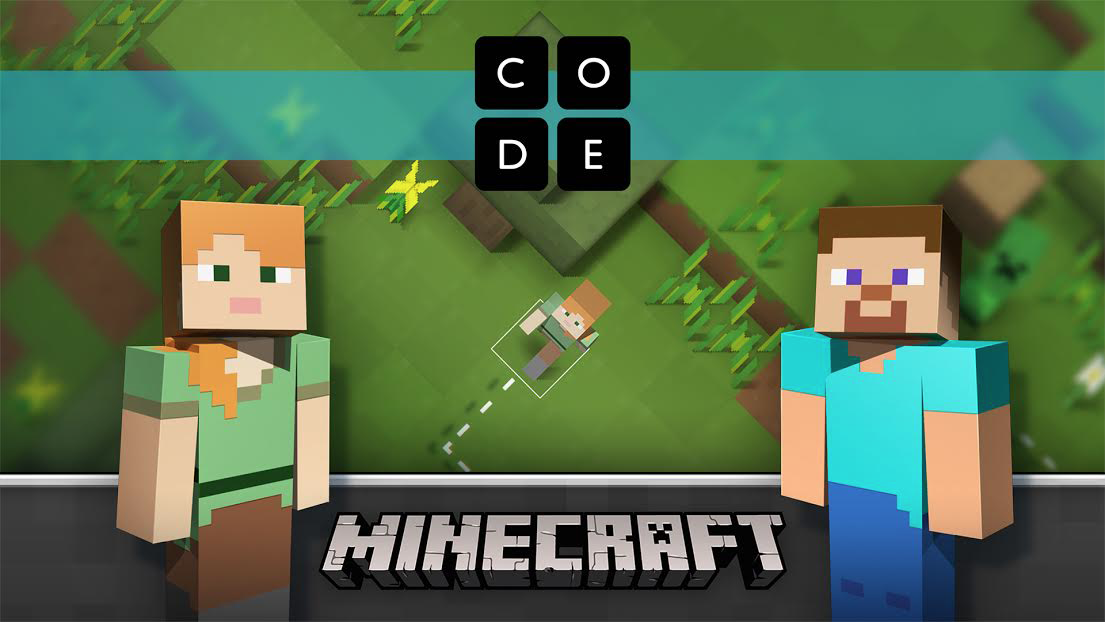Every year during Computer Science Education Week, we have the opportunity to give back for an hour to teach students how to code. We're following the example of Code.org, whose initiative is to break down the stereotype that only a certain kind of person can program. Collectively our goal is to deconstruct the barrier of "can't" and turn it into "can."
This global movement is introducing computer science across the globe, reaching tens of millions of students in more than 180 countries with a simple a challenge: code for just one hour.
Tutorial Announcements
Every year Hour of Code works with top developers and industry leaders to create fun programming tutorials for students with the hope that they will be inspired to keep learning. The videos introducing these tutorials made us excited about volunteering, so maybe they will motivate you too. Check them out:
Star Wars producer Kathleen Kennedy discusses how to use code to make BB-8 come to life. Watch what else Kathleen has to say about the Star Wars tutorial.
Are you or your kids Minecraft fans? Take a look at the introduction to the Minecraft Hour of Code tutorial featuring Mojang's Lead Developer, @jebox.
How to Volunteer for Hour of Code
You can get involved by donating an hour of your time to a classroom in your area. This donation can be your physical presence or a video chat with one of many classes around the world. More information can be found in the How-to-Guide for volunteers.
If you're unable to participate in Hour of Code, consider other opportunities to give back during Computer Science Education Week, December 7-13. You can advocate for computer science in the classroom or help your own kids walk through the tutorials.
Continuing the Movement after Computer Science Education Week
We're hosting another workshop on December 12th from 9:00am-4:00pm, teaching K-5 educators how to encourage kids to code. Additional details are available on the workshop page.
